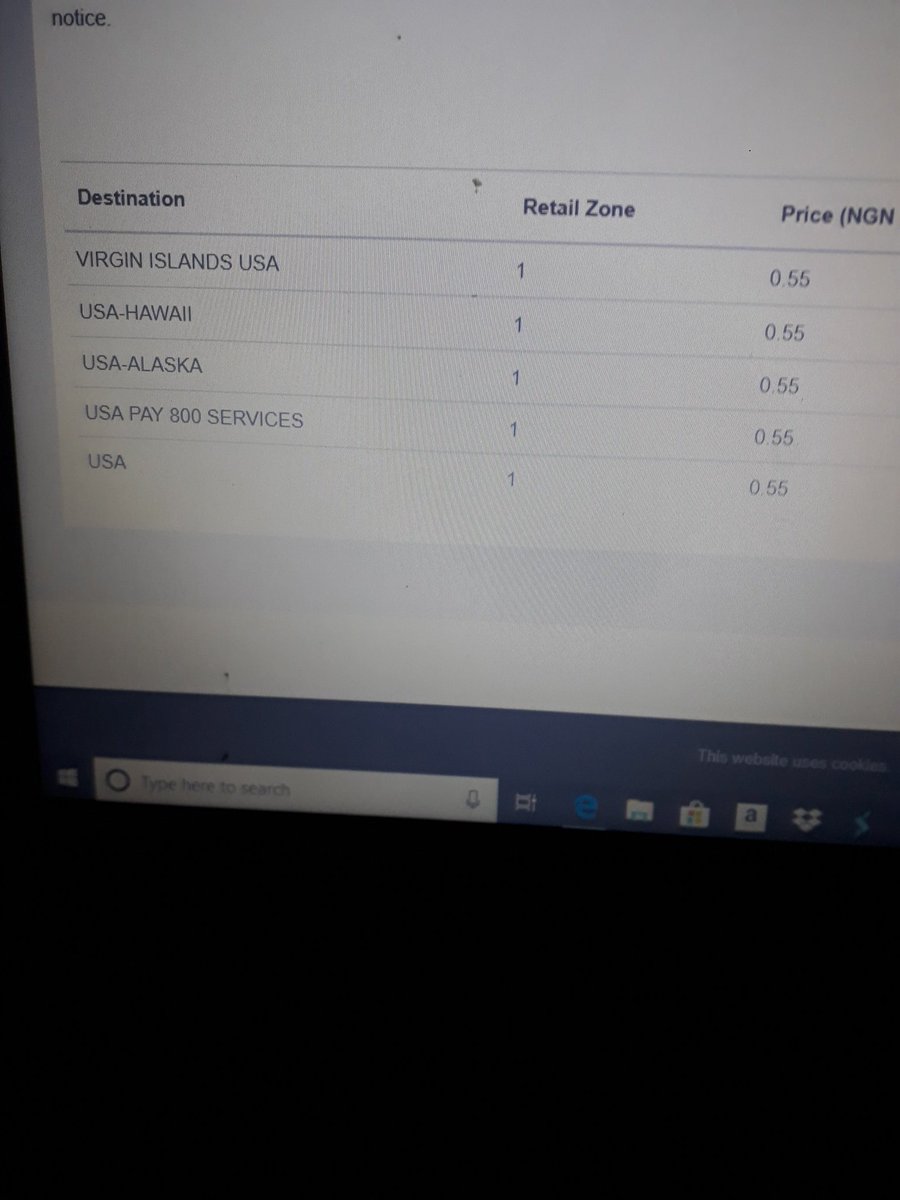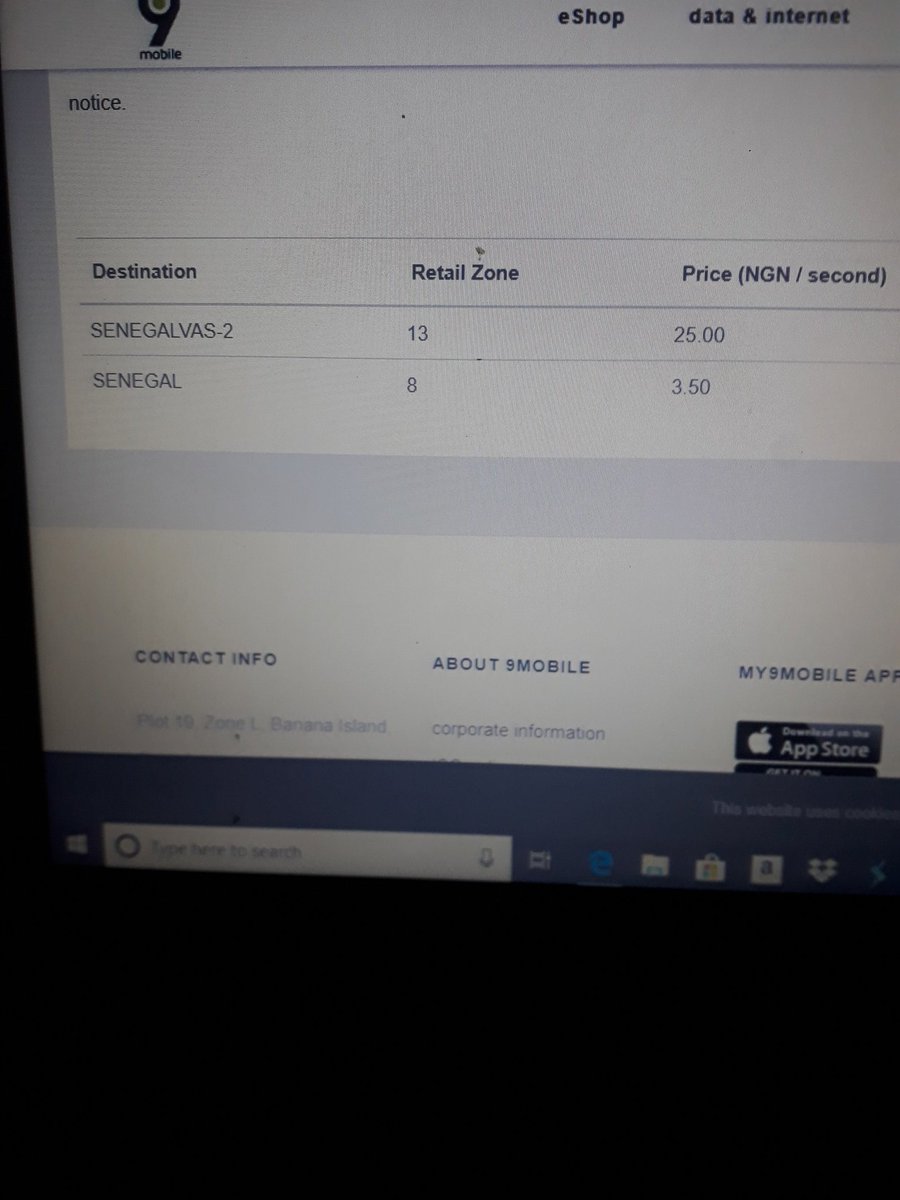Like with many African problems, the answer is: infrastructure.
The number & capacity of these cables have been increasing over the years.
I'm a bit of an infrastructure geek, so I'm always gawking at submarinecablemap.com/#/
That's why my calls to Seattle are getting cheaper.
The amount of money European Govts have pumped into "linkage infrastructure" dwarfs African counterparts both in absolute and percentage terms.
Independent Africa's 40/50-year delay to embrace free markets delayed the resolution of this dilemma.
It is easier for me to get US Dollars, Euro, or Yuan in Nigeria than any African currency.
To change Naira to Uganda Shillings, you intermediate with Dollar.
Same way my package goes to Dakar via Frankfurt.
Increased intra-African business will incentivize increased intra-African telecoms investment
So maybe my calls to Dakar will get cheaper 😊







